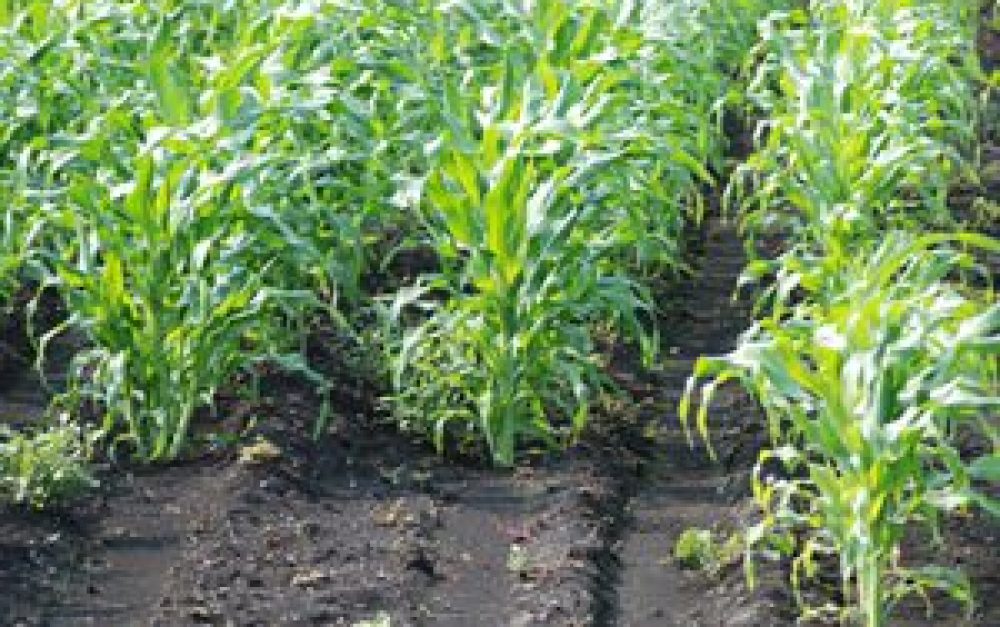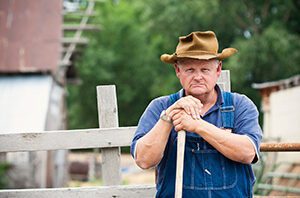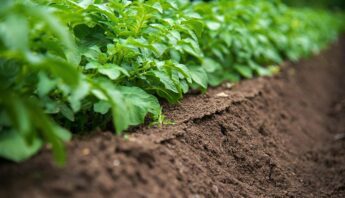Today, March 19, the National Sustainable Agriculture Coalition (NSAC) released its platform for the 2012 Farm Bill — Farming for the Future: A Sustainable Agriculture Agenda for the 2012 Food and Farm Bill.
This powerful document lays out a vision of agriculture where safe, nutritious and affordable food is produced by a legion of diverse family farmers. These farmers make a decent living pursuing their trade while sustaining the environment and contributing to the strength of their communities. I hope decisionmakers in Congress are paying attention.
The release comes on the heels of the first round of Senate Farm Bill hearings, and while House hearings are still underway. The current discussions in Congress will shape federal Food and Farm policy for the next five years, defining what our government does or does not do to ensure a sustainable future for U.S. agriculture.
At issue is support for family farmers, conservation programs, national nutrition programs, and much, much more.
A comprehensive food & farm agenda
Moving toward a sustainable food and farming system requires prioritizing policies that create jobs and fuel economic development, protect our natural resources, and make healthy food widely available. The current debates over the 2012 Farm Bill provide the opportunity to reform our nation’s food and agriculture policy to achieve these outcomes.
The 113-page NSAC platform addresses nearly every title in the Farm Bill and reflects a comprehensive approach to farm policy. The recommended changes are designed to:
- Create jobs and spur economic growth through food and farms;
- Invest in the future of American agriculture;
- Enhance our natural resources and improve agricultural productivity;
- Drive innovation for tomorrow’s farmers and food entrepreneurs; and
- Make healthy food widely available today and for generations to come.
The platform also addresses gross inequalities that persist as a result of skewed farm subsidies, inadequate risk management tools, and continued consolidation in key agricultural markets.
Conservation programs & policies
As stewards of 40% of the landmass in the United States, American farmers and ranchers are important managers of our natural resources. A suite of conservation programs now in place (such as the Conservation Stewardship Program and the Environmental Quality Incentives Program) help producers protect and rebuild soil, improve water and air quality, and reverse habitat loss while maintaining productive farms and ranches.
These programs should be strengthened and paired with strong conversation requirements for the receipt of crop insurance. As outlined in NSAC's platform, this approach will reward good land stewardship, help farmers adapt to and reduce contributions to climate change, boost agricultural productivity and contribute to a robust farm safety net.
And these investments make economic sense — a good bang for the buck. In California, for example, conservation program payments in 2010 of $180 million, led to a total investment by all parties of $350 million.
The budget context
Of necessity, NSAC’s platform is framed within the context of the federal budget crisis. It contains many no-cost and cost-saving proposals, and prioritizes program funding that supports job creation and economic growth, as well as those that protect vital natural resources fundamental to environmental and human health.
It calls for holding the line on any further reductions to working lands conservation, and strongly supports crop insurance programs that explicitly encourage, in fact require, good stewardship of the land.
The platform is ambitious. It aims to eliminate current policies that favor mega-farms over family farms, risk management support for monocultures over diversified systems, and market consolidation instead of independent production. It supports — through credit, land access, crop insurance, marketing support and research — beginning and socially disadvantaged farmers to help build a next generation of family farmers.
It outlines what we need, right now, to begin moving toward a sustainable farming future. It should be required reading in the halls of Congress.








